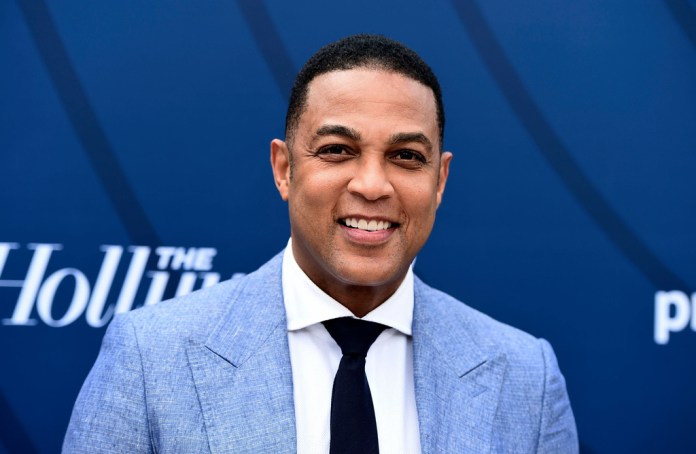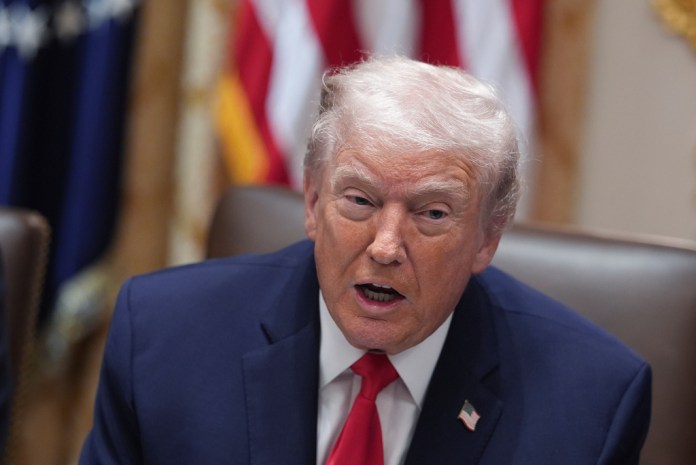Diminished brand has Dems seeking greener pastures as independents – Washington Examiner
The article discusses a notable trend among several democratic politicians who are shifting their political affiliations to become independents amid dissatisfaction with their party’s direction and struggles to regain popularity after recent election losses. This trend may become more common as the 2026 election approaches, particularly as manny Democrats believe their party no longer represents their interests.
Former democratic figures like Jason Pizzo in Florida and Detroit Mayor Mike duggan in Michigan have recently announced self-reliant gubernatorial campaigns,showcasing a growing discontent with the Democratic leadership. Additionally, political strategist Hank Sheinkopf highlights a important revolt against the Democratic Party, which he attributes to weak leadership and a perceived loss of identity within the party.
While the move to run as independents isn’t unprecedented, operatives caution that it is a challenging path given the structural advantages of the two-party system in America, which often hampers independent candidates in terms of ballot access and fundraising. Furthermore, independents face skepticism from voters who are accustomed to choosing between Democrats and Republicans. Despite high-profile campaigns from independents in the past, many have not succeeded in unseating incumbents, underscoring the complexities and risks involved in this political shift.
Diminished brand has several Democrats seeking greener pastures as independents
Frustrated with their party and its struggles to win back popularity after November losses, several Democratic politicians are trading in their partisan registration cards to seek office as independents.
Switching affiliation isn’t a new phenomenon for office-seekers, but it has typically been a rare occurrence that could become more popular in the 2026 cycle as the Democratic Party struggles to recover voters who say it no longer represents their interests.
Hank Sheinkopf, a Democratic strategist and former adviser to President Bill Clinton, sees a “revolt against the Democrats that’s much more significant than against the Republicans.”
“It’s a trend because the leadership of the Democratic Party is weak, because people are much more able to determine how party lines function, there’s a general sense that the Democrats don’t stand for much, and there’s an embarrassment about it,” Sheinkopf said.
In Florida, former state Senate Democratic leader Jason Pizzo torched his party as “dead” last month when he renounced his membership and launched an independent gubernatorial bid a few weeks later.
Attorney and longtime political donor John Morgan, founder of the mega personal injury firm Morgan & Morgan, created his own independent party this year and is also weighing a run for governor in the Sunshine State, despite supporting Democratic candidates and causes in the past.
In battleground Michigan, Detroit Mayor Mike Duggan, a decades-long powerbroker of the Democratic Party and with which he is still a member, is running for governor as an independent.
Although they’ve distanced themselves from the party or sought to move closer to the political center, more Democrats running as independents is exactly what Sen. Bernie Sanders (I-VT) has been calling for. While he may prefer they retain progressive roots, the end result aligns with Sanders’s nationwide “Fighting the Oligarchy” tour with Rep. Alexandria Ocasio-Cortez (D-NY) that he says was designed to motivate more progressives to run as independents in the face of a tainted Democratic brand “abandoning” working-class voters and their values.
Democrats in March hit an all-time low in polling and remain pessimistic about the party’s future, according to a new survey this month. Democrats still lag behind Republicans in favorability ratings, another poll this week showed.
But party consultants advise caution to Democrats thinking that their chances at victory might be buoyed simply by dropping the “D” next to their name.
“Think hard about doing it, is my advice,” Democratic strategist Brad Bannon said. “There is a normal reaction among American voters to vote either Democrat or Republican, and I just think it’s really tough to do.”
Independents face steeper hurdles simply getting on ballots due to election laws that benefit a two-party system. They also lack major fundraising and other election resources from the state and national party, such as get-out-the-vote efforts.
“Voting is habitually ritualistic, and people are used to voting in a two-party system,” Sheinkopf said. “Most of the states make it so that their election laws make it very difficult to elect somebody who’s independent.”
There are also vastly different political calculations for independents in red states like Florida, where the Democratic brand has lost influence, versus a swing state like Michigan. And Democrats-turned-independent will face a barrage of Republican attacks that they are a sheep in wolf’s clothing doing whatever it takes to boost their odds at the ballot box.
Recent high-profile independent Senate candidates have garnered national attention and an influx of campaign cash, but it still wasn’t enough to unseat Republican incumbents. Such were the cases in Alaska in 2020, when independent Al Gross lost to Sen. Dan Sullivan (R-AK), and in Nebraska last year, when independent Dan Osborn lost to Sen. Deb Fischer (R-NE).
Osborn lost by nearly 7 percentage points, 46.5% to Fischer’s 53.2%. He’s weighing another run next year against Sen. Pete Ricketts (R-NE). Democrats had a complicated relationship last go-around with Osborn, whom they did not financially support after he very publicly rebuffed their backing. Still, Democrats secretly hoped he would achieve a major upset in a ruby red state. It’s not yet clear if or how either side might change their tune toward one another during a 2026 campaign.
SENATE DEMOCRATS SEE HOPE FOR MIDTERMS WITH 2024 DOWNBALLOT RESULTS
Only for a couple of years within the past 20 have there been more than two independents serving at the same time in Congress among the 535 House and Senate seats.
Sanders and Sen. Angus King (I-ME) are currently the only ones. Former Sens. Joe Manchin and Kyrsten Sinema both left the Democratic Party while in office and doubled the number of independents during the last Congress. However, both faced steep reelection odds and retired from Congress at the end of their terms in early January.
" Conservative News Daily does not always share or support the views and opinions expressed here; they are just those of the writer."




